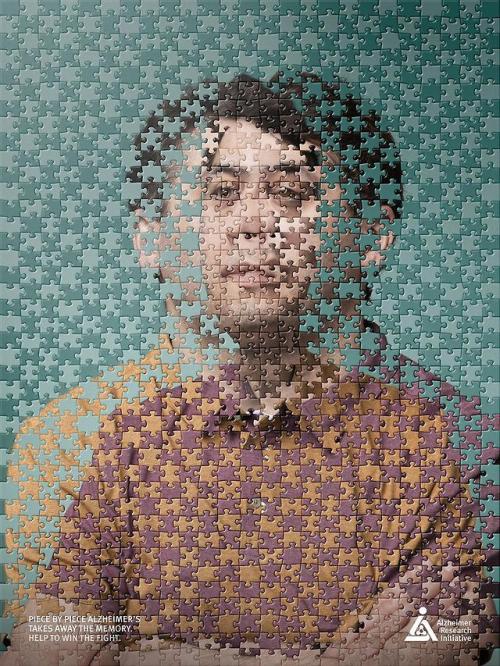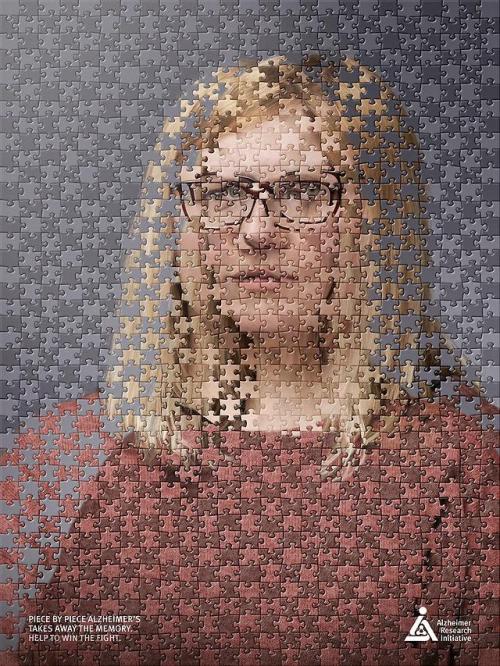#alzheimers
Herbs with the Most Promising Supportive Information for Treating Dementia
t the moment, there is no cure for dementia. Still, there are few conventional medicines that are known to slow the progression of the disease.
Medicinal herbs intended as a treatment should never replace any conventional medication or therapies and should be regarded as an addition or as a supportive therapy.
A large number of patients in the developing world with dementia, where the use of herbal medicines are often the mainstay of therapy, coupled to a global upswing in the use of natural preparations, underscores the need to fully characterize and understand how medicinal herbs can be used in the management of dementia.
While the effects of these natural remedies are varied, it appears that herbs may be useful in the treatment of dementia in three separate ways:
1. Increasing blood flow to the brain.
2. Decreasing the destruction of neurotransmitters critical to proper brain function.
3. Decreasing the level of agitation known to accompany dementia.
In general, when using medicinal plants as a treatment for any disease, caution should always be a key factor, since herbs can interact with other herbs, medications or supplements.
For more information CLICK HERE:https://www.herbal-supplement-resource.com/dementia-remedies.htmlPost link

(Source: Academy of Art 2012 Spring Show)
Congratulations to Academy of Art University graduate Sha Yao whose work is featured on TIMEMagazine’s unranked list of the “25 Best Inventions of 2016”!
Yao, who graduated with an MFA from the Academy’s School of Industrial Design in 2012, gained recognition for her Eatwell Assistive Tableware—a dining set designed specifically for people with cognitive impairments.
Inspiration for the invention came after Yao’s late grandmother was diagnosed with Alzheimer’s disease. Wanting to better understand the disease, Yao volunteered at adult day care centers and interviewed caregivers. It was then that Yao discovered eating was one of the most challenging activities for those diagnosed with Alzheimer’s. Like her grandmother, Yao noticed many people with cognitive and sensory impairments struggled to eat, often hindered by common accidents such as spilled food and tipped cups.
“For many families, meals are a time for sharing and reconnecting, and enjoying each other’s company,” Yao said on her website. “When the disease affects one member of a family, the mealtime experience can become stressful and challenges are created for both caregivers and their loved ones.”
Through intense research, mock ups, and revised models implementing professional feedback, Yao designed a product dedicated to improving the mealtime experience for those who struggle daily.
For more information about Eatwell and Yao’s story, visit www.eatwellset.com.
PIECE BY PIECE ALZHEIMER’S TAKES AWAY THE MEMORY.
HELP TO WIN THE FIGHT.Agency: BBDO, Düsseldorf
Source:Ad Goodness
Post link






